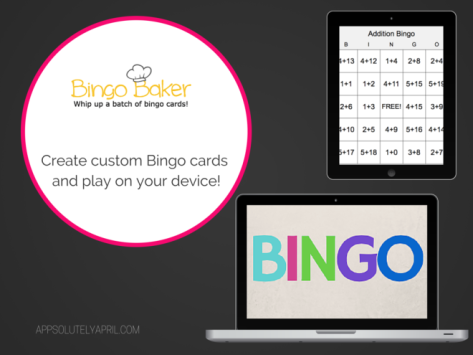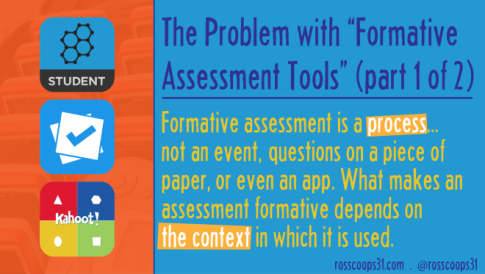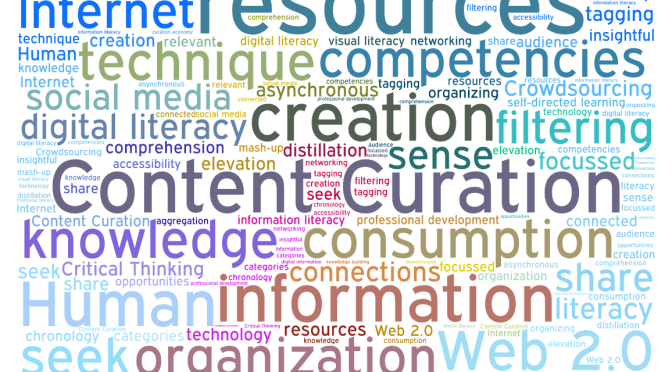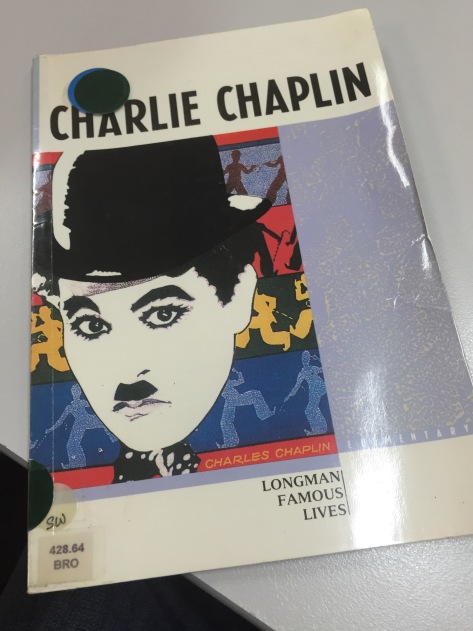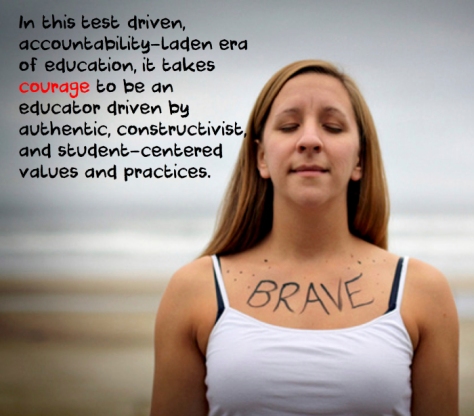
Today, during a podcast interview, I was asked what it takes to be an educational thought leader. My response was, “courage.” In this test driven, accountability-laden era of education, it takes courage to be an educator driven by authentic, constructivist, and student-centered values and practices.
Courage:
Courage is the choice and willingness to confront agony, pain, danger, uncertainty, or intimidation. Moral courage is the ability to act rightly in the face of popular opposition, shame, scandal, discouragement, or personal loss. According to Maya Angelou, “Courage is the most important of the virtues, because without courage you can’t practice any other virtue consistently. You can practice any virtue erratically, but nothing consistently without courage.” https://en.wikipedia.org/wiki/Courage
Outlier:
“Outlier” is a scientific term to describe things or phenomena that lie outside normal experience. In the summer, in Paris, we expect most days to be somewhere between warm and very hot…
View original post 361 more words


